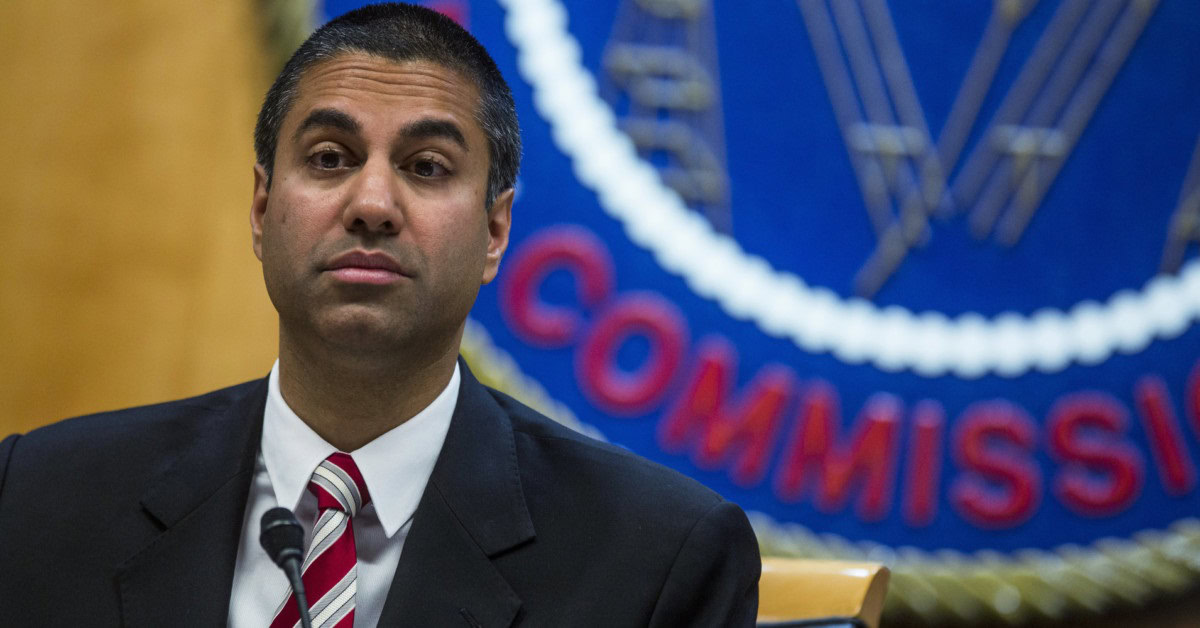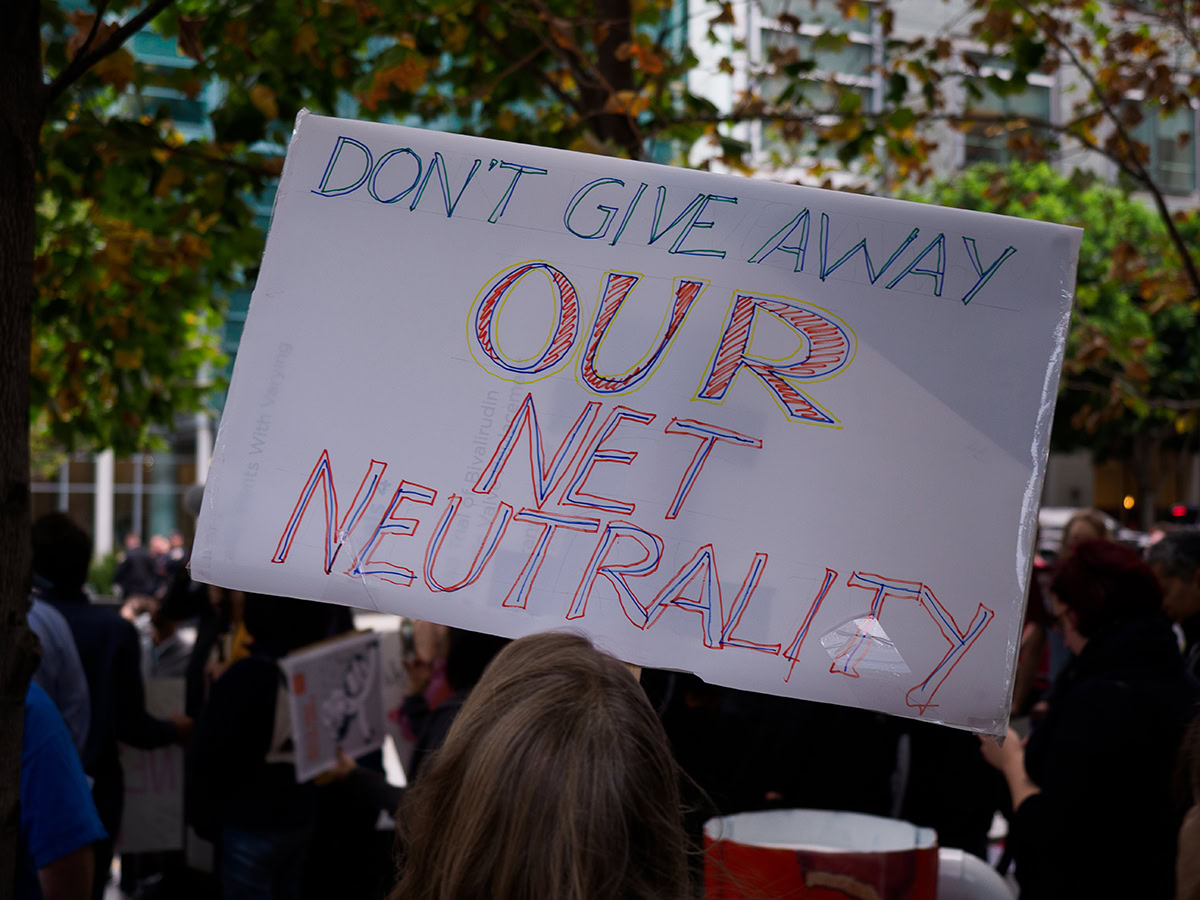Affiliate links on Android Authority may earn us a commission. Learn more.
Ajit Pai thinks that ISPs having power over the internet will 'protect consumers'
Published onJune 11, 2018

- Ajit Pai, in an op-ed piece published today, championed the end of Net Neutrality regulations.
- According to the op-ed, Pai thinks that transferring power over the internet to ISPs will “protect consumers.”
- However, in the op-ed Pai does not defend against any of the common arguments for Net Neutrality.
Today marks the official first day of a Net Neutrality-free America. To commemorate the occasion, FCC chairman Ajit Pai – the man mainly responsible for the repeal of Net Neutrality – penned an op-ed piece for CNET in which he champions the dissolution of internet regulations.
In the op-ed, Pai says that repealing Net Neutrality “will protect consumers and promote better, faster internet access, and more competition” while simultaneously preserving the internet as “an open platform where you are free to go where you want.”
Pai says that by deregulating the internet service provider industry, there will now be “strong consumer protections” and that “entrepreneurs [will get] the information they need as they develop new products and services.”

Pai’s primary defense of the FCC’s new lax rules on ISPs is the “transparency rule,” which requires ISPs to notify consumers of any policies that violate previous Net Neutrality guidelines. This, according to Pai, “will allow consumers to make an informed decision about which Internet service provider is best for them.”
Pai is championing the transfer of power over the internet from the government to ISPs like Comcast and Time Warner.
However, Pai makes no mention of this fact: about three-quarters of the country’s developed census blocks lack any high-speed broadband choice. This means that if a consumer doesn’t like the service their local ISP offers, they have no other company to choose instead.
There’s also no mention in Pai’s op-ed about how the two largest ISPs in the nation – Comcast and Spectrum (Charter, Time Warner Cable) – score incredibly low in both customer service and value from Consumer Reports. Pai thinks that giving these companies more control over the market will somehow make things better – but he doesn’t explain that either.
Finally, Pai makes no mention of how the FCC plans to police ISPs who violate these “transparency rules.” Under the new guidelines, ISPs can block, throttle, or prioritize internet content as much as they like, as long as they clearly disclose to customers that that’s what they’re doing. Pai doesn’t explain what will happen if they don’t follow through, other than saying that the “problematic conduct” will be “corrected.”
FCC Commissioner Jessica Rosenworcel – who voted against the repeal of Net Neutrality – released her own statement today. Here is an excerpt:
“Internet service providers now have the power to block websites, throttle services, and censor online content. They will have the right to discriminate and favor the Internet traffic of those companies with whom they have pay-for-play arrangements and the right to consign all others to a slow and bumpy road. Plain and simple, thanks to the FCC’s rollback of Net Neutrality, Internet providers have the legal green light, the technical ability, and business incentive to discriminate and manipulate what we see, read, and learn online.”
Meanwhile, states like California and Oregon are working at instituting Net Neutrality guidelines on the state level, which would hypothetically supersede the federal ruling in their respective states.
NEXT: As Net Neutrality nears its end, Verizon shows some customers data caps